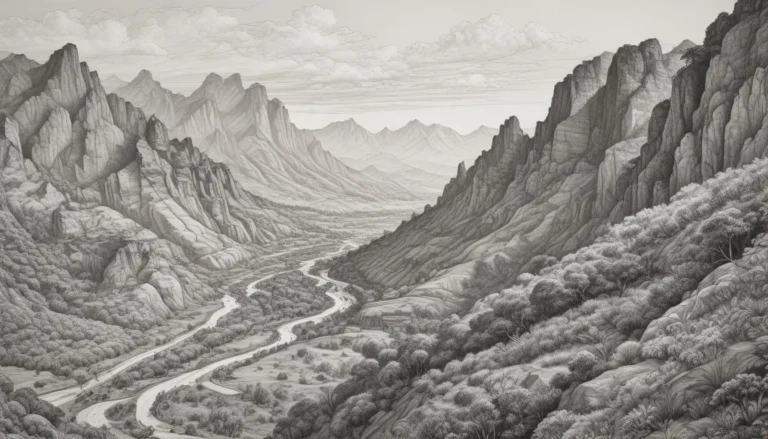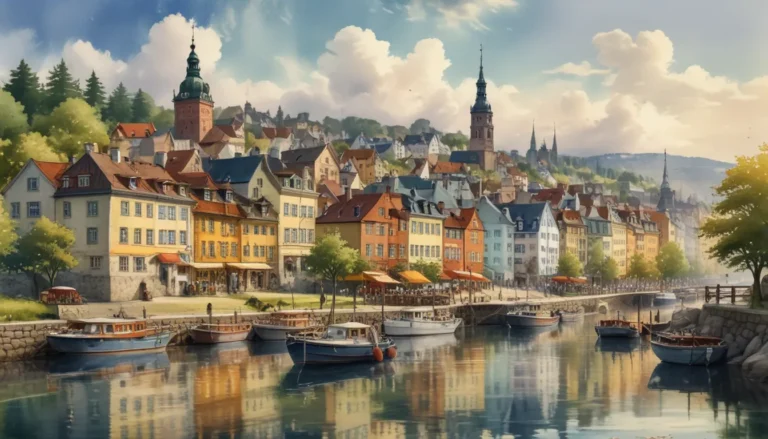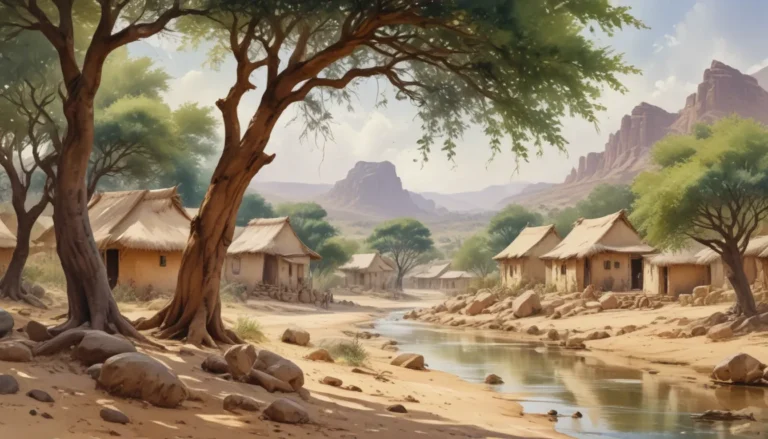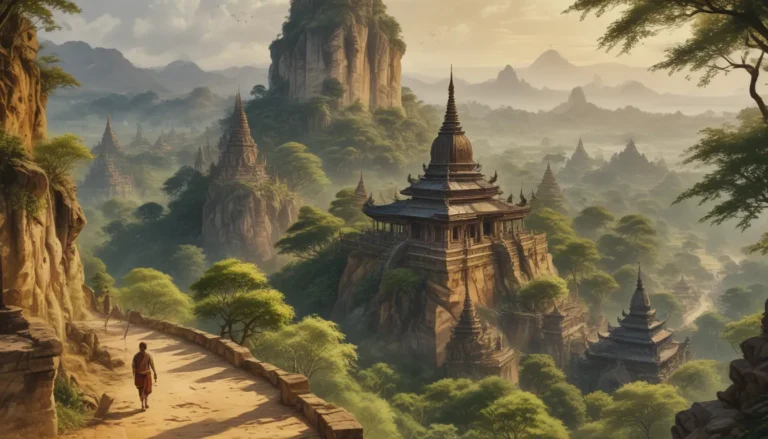The images in our articles are for illustrative purposes only and may not exactly match the content. They are intended to capture your interest and complement the text, not to replace it.
Welcome to the vibrant world of Nigeria, a country rich in history, culture, and diversity. Situated in West Africa, Nigeria stands as a beacon of progress on the continent, boasting a booming economy and a melting pot of over 250 ethnic groups speaking more than 500 languages. Despite its challenging past, Nigeria continues to forge ahead, captivating the world with its resilience and spirit. Join us on a journey to uncover 50 fascinating facts about Nigeria and delve into its captivating narrative.
A Glimpse into Nigeria’s Identity
1. Population and Geography
- Nigeria is home to a population of 211 million, making it the most populous country in Africa.
- Covering an area of approximately 923,769 km², Nigeria is a vast and diverse land.
2. Political Landscape
- As a federal republic, Nigeria is divided into 26 states and a capital territory, each contributing to the tapestry of the nation.
- With over 250 ethnic groups coexisting harmoniously, Nigeria shines as a beacon of cultural diversity.
- The country boasts a linguistic richness with more than 500 different languages spoken across its expanse.
Tracing Nigeria’s Historical Footsteps
3. Ancient Roots
- The roots of human civilization in Nigeria stretch back to the 15th century BC with the Nok culture, laying a foundation for future developments.
4. Cultural Exchange
- Islam made its entrance into Nigeria in the 7th century AD, leaving a lasting impact on the country’s cultural fabric.
- Urban societies flourished in Nigeria by the 10th century, showcasing the sophistication of ancient Nigerian civilizations.
5. Colonial Influence
- European powers, led by the Portuguese, initiated trade with Nigeria in the 16th century, marking the beginning of colonial interactions.
- The abolition of slavery in Europe sparked European intervention in Nigeria to combat illegal slave trade practices, shaping the country’s trajectory.
6. Independence and Struggles
- Nigeria embarked on a path towards independence from Britain, ultimately achieving freedom in 1960.
- Amidst political turmoil and civil unrest, Nigeria witnessed a civil war from 1967 to 1970, testing the nation’s resolve and unity.
Embracing Nigeria’s Cultural Tapestry
7. Religious Diversity
- Islam stands as the dominant religion in Northern Nigeria, fostering a rich tapestry of traditions and beliefs.
- Christianity takes center stage in Southern Nigeria, adding another layer of diversity to the country’s religious landscape.
8. Economic Powerhouse
- Boasting the largest economy in Africa, Nigeria has earned the moniker of the “Giant of Africa,” showcasing its economic prowess.
- Positioned in the GMT+1 time zone, Nigeria is a bustling hub of activity and innovation.
Unveiling the Heart of Nigeria
As we embark on this journey through Nigeria’s past and present, let us embrace the richness of its history, the diversity of its people, and the resilience of its spirit. Nigeria’s story is one of triumph over adversity, of unity amidst diversity, and of progress in the face of challenges. Join us as we unravel the tapestry of Nigeria’s identity and celebrate the vibrant mosaic that makes this country a true gem of West Africa.
Our dedication to delivering accurate and engaging content is unwavering, driven by a commitment to authenticity and quality. Every fact shared on our platform is curated by users like you, ensuring a diverse range of insights and perspectives. Rest assured, each submission undergoes meticulous review by our dedicated editors, guaranteeing the highest standards of reliability. Explore Nigeria with confidence and trust in our commitment to delivering captivating and credible information.






